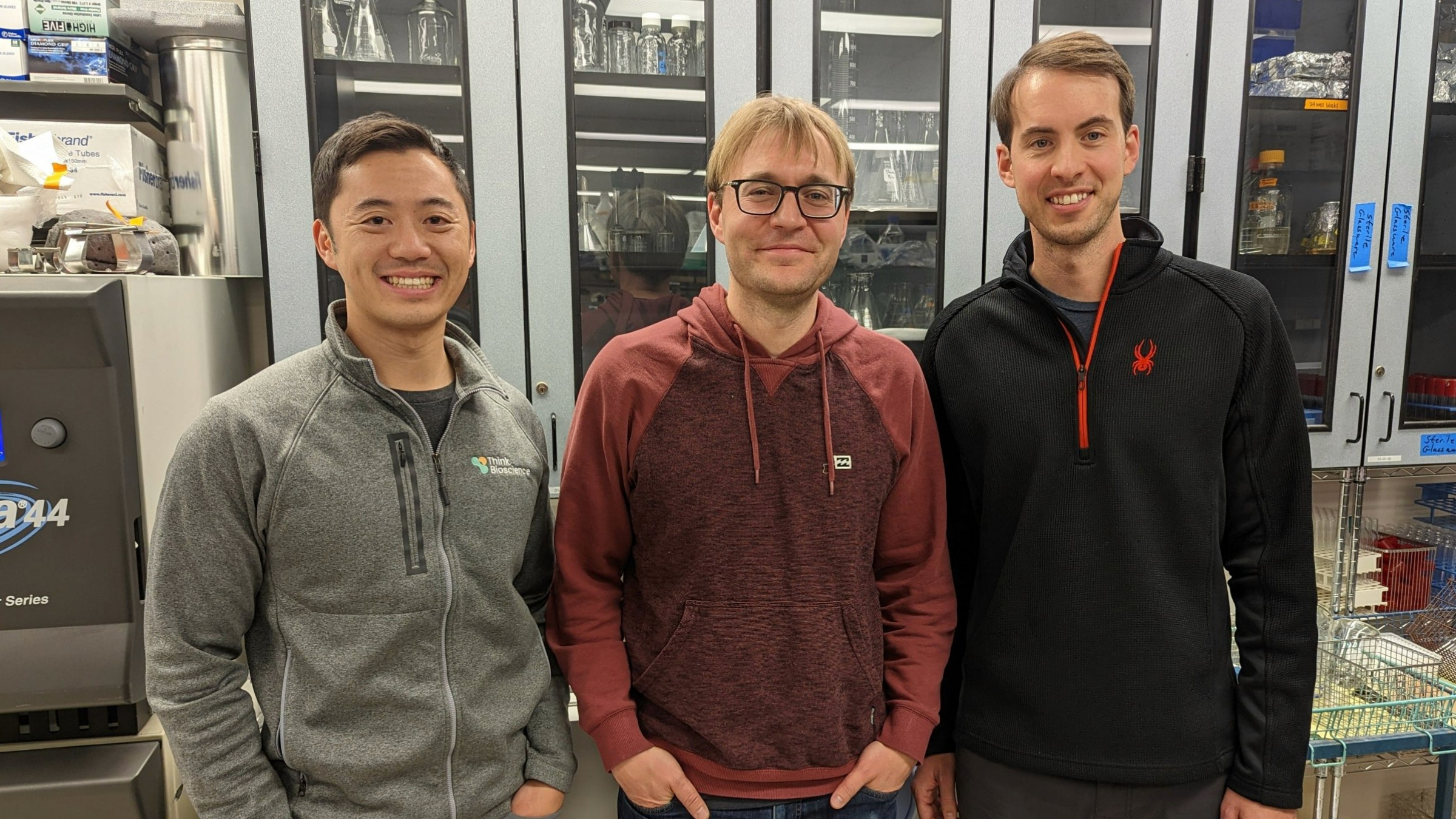Food Agriculture
Better Dairy's Dr. David Nunn on Reinventing Dairy Nutrition and Sustainability with Precision Fermentation
Forget plant-based milk—Better Dairy is using precision fermentation to create next-gen dairy nutrition that’s better for babies and the planet.
In an exclusive conversation ahead of his panel appearance at SynBioBeta 2025 next week in San Jose, Dr. David Nunn, Chief Scientific Officer of Better Dairy, laid out a compelling vision for the future of nutrition—one where dairy is reimagined through precision fermentation to tackle both global health and environmental sustainability.
Better Dairy, a London-based biotech startup founded in 2020, isn't just another company chasing plant-based milk alternatives. Instead, CEO Jevan Nagarajah and his team are at the forefront of precision fermentation, producing molecularly identical dairy functional and bioactive proteins without cows. Their innovative approach goes beyond traditional dairy proteins, diving deep into bioactive components like osteopontin (OPN), a protein prominently found in human breast milk but scarce in cow's milk.
"We’re taking dairy beyond its conventional benefits. With synthetic biology, we can finally produce bioactive proteins like osteopontin at meaningful levels, significantly impacting human health—especially for infants and adults requiring specialized nutrition."
The company's technological breakthrough centers around producing human-identical osteopontin. In breast milk, osteopontin has been shown to contribute to infant growth, immunity & cognitive development, and gut health. The potential impact to infant nutrition is immense, where human milk naturally contains osteopontin at concentrations up to 15 times higher than cow milk. By leveraging precision fermentation, Better Dairy is positioning itself to revolutionize infant formula brands, bringing them substantially closer to the nutritional richness of breast milk.
"This is about expanding the nutritional horizon," Nunn emphasizes. "By making these scarce but essential milk proteins widely available, we open new doors not just for infant health but for nutritional advancements across all ages."
But the promise of Better Dairy goes beyond human health—it’s equally rooted in sustainability. Dairy farming today accounts for significant environmental burdens, including excessive water use and greenhouse gas emissions totaling over two billion tonnes of CO₂ annually. The alternative method to obtain osteopontin requires filtering 40,000 L of cows’ milk to obtain just 1 kg of osteopontin, making it unsustainable and inefficient. Precision fermentation can unlock a supply of this protein like never before, while reducing water consumption by 60% and CO2 and land use by over 90%.
Better Dairy is also mindful of consumer values and regulatory environments, ensuring that its end products are GMO-free, lactose-free, and entirely animal-free, aligning with growing consumer preferences for transparency, ethics, and sustainability.
Reflecting on the broader implications, Nunn sees precision fermentation as a pivotal innovation, capable of meeting the increasing global demand for dairy, projected to rise 33% by 2033. He argues passionately that synthetic biology holds the key to feeding the future sustainably and responsibly.
"Synthetic biology is no longer just about technological possibility," Nunn notes. "It's about creating meaningful, real-world nutritional benefits and bridging the gap between scientific innovation and consumer needs."
With a clear vision and groundbreaking technology, Better Dairy isn't just imagining the future—they’re actively building it. As Nunn prepares to share these insights at SynBioBeta, the biotech community watches closely, recognizing that this might indeed be the tipping point for dairy innovation.




















